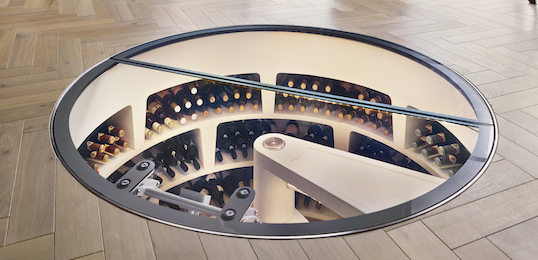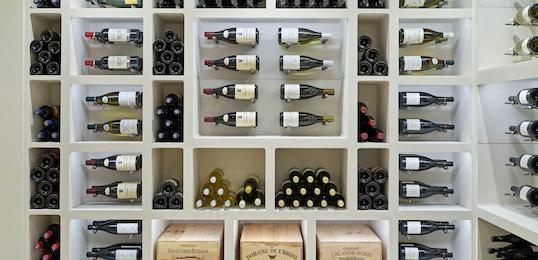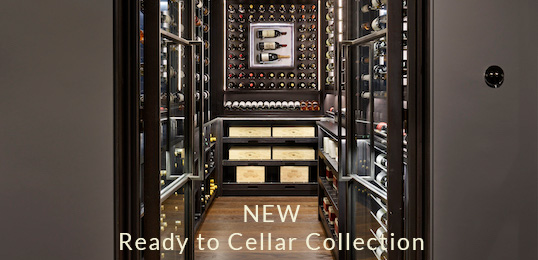The UK is about to become home to the first Japanese saké brewery. Funded by a Japanese family that has been making rice wine for 200 years, the Dojima company will soon open the Dojima Saké Brewery in Cambridgeshire.
The Hashimoto family invested £9 million into this project already by purchasing the Fordham Abbey Estate, a Grade II listed property – they will also build an education and visitor centre for £3 million.
The Brewery
Fordham Abbey Estate, in Cambridgeshire, consists of a Georgian manor and more than 200 acres of parkland; this particular location was chosen because it is close to where one of the children is attending school.
This pioneering project is supported by both the Department for International Trade and the Japanese government. Due to the difference in the water between countries, UK food and drinks specialists Campden BRI are also involved in the project, to determine whether the hard water in the UK is suitable for the production of saké.
Construction of the Dojima Saké Brewery will take 9 months to complete, meaning the family intends to open it to the public in the summer of 2017.
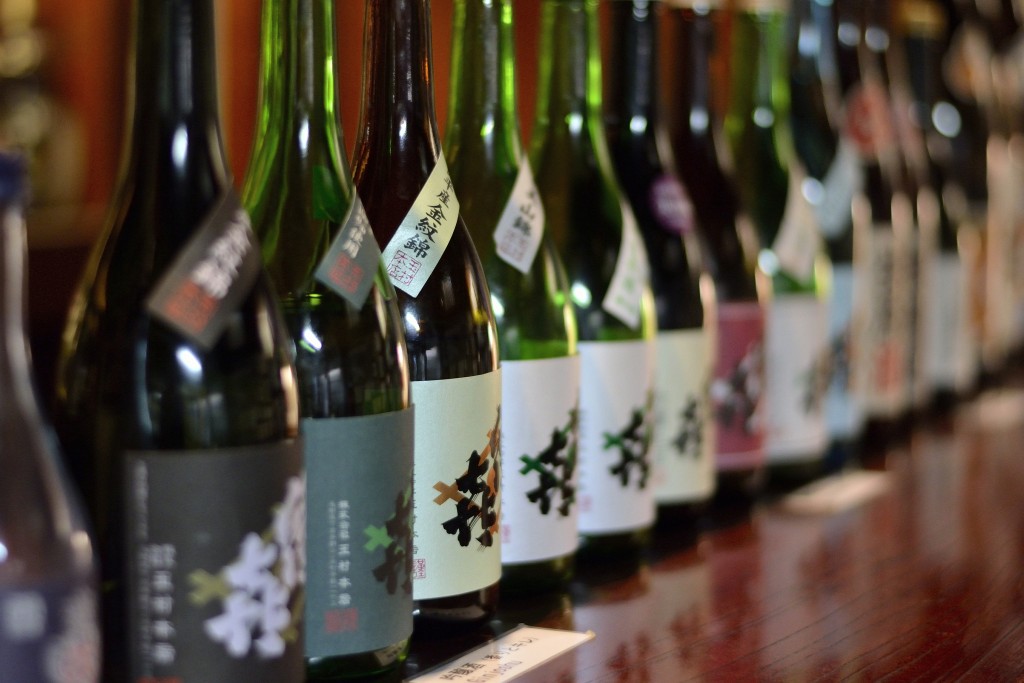
A Japanese Shinto ceremony called Jichinsai, or ground-breaking ritual, has already taken place at the Fordham Abbey Estate, intended to both mark the creation of the first saké brewery and to purify the building site before construction commences.
The aim of the Hashimoto family is to sell 10,000 saké bottles in the first year and achieve a turnover of £1 million. They also want to start exporting their sake into Europe in the next 2 to 5 years.
The project is set to create approximately 100 jobs in the first five years and will include jobs in both the brewery and the education and visitor centre, where guests will be able to learn how to make and enjoy sake.
The Saké
Saké is an alcoholic beverage with a very long and rich history. Although no one knows who the creator of saké is – or pinpoint the exact date it was invented – Japanese literature recorded the manner and custom of drinking it in the 3rd century AD.
Simply put, this Japanese rice wine is made from the fermentation of rice, after which the bran is removed. The rice is ground, washed and steamed, and some of it will be used to make koji, yeast derived from rice. The koji and the rest of the rice are mixed and allowed to ferment. The drink is then filtered and bottled.
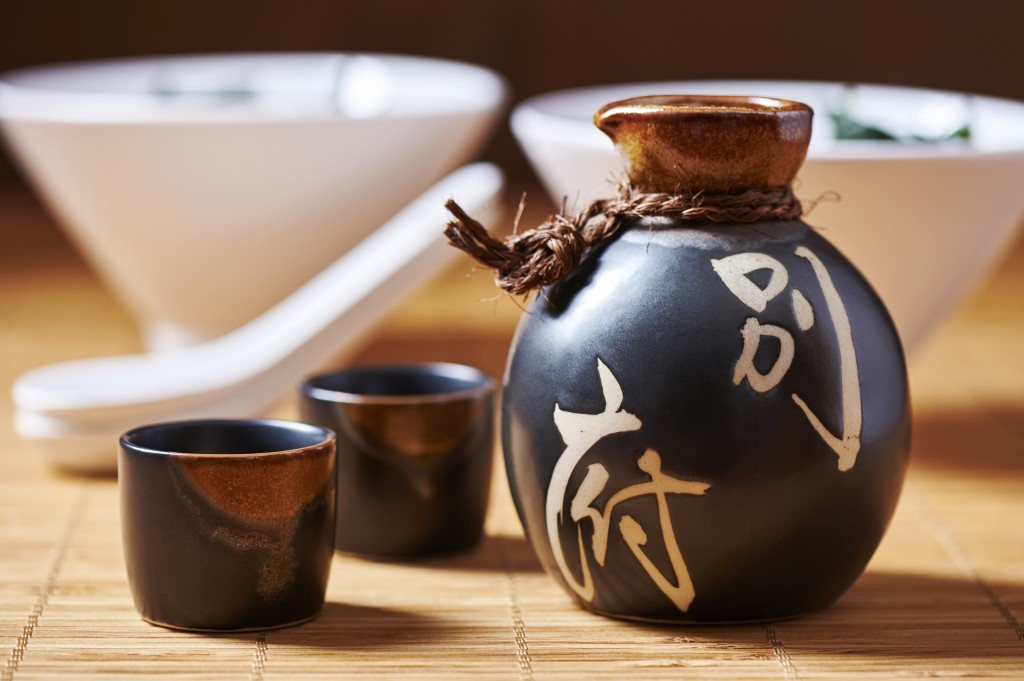
Unlike wine, where ethanol is produced, saké has a brewing process that is similar to beer; this means that the starch is transformed into sugar before being converted to alcohol. Undiluted saké contains approximately 18%-20% ABV, which is typically reduced to 15% after water is added before bottling.
Saké can be consumed warm or cold, served in a small earthenware or porcelain bottle (tokkuri) and drank from a small porcelain cup (sakazuki). It can also vary in regards to flavour, as it can be sweeter or crisper.
Dojima Saké Brewery and its saké makers, or touji, will use saké recipes that date back more than 600 years old. For this project, the Hashimoto family will import rice from Japan, which is grown on a farm owned by the wife of Japanese prime Minister Shinzou Abe.
When the brewery opens, you’ll be able to enjoy a large variety of saké, including nama, or raw, saké, which is a freshly squeezed premium saké with a sweet aroma. This wine is not just an alcoholic beverage for the Japanese, but a true art form, produced with care and devotion.
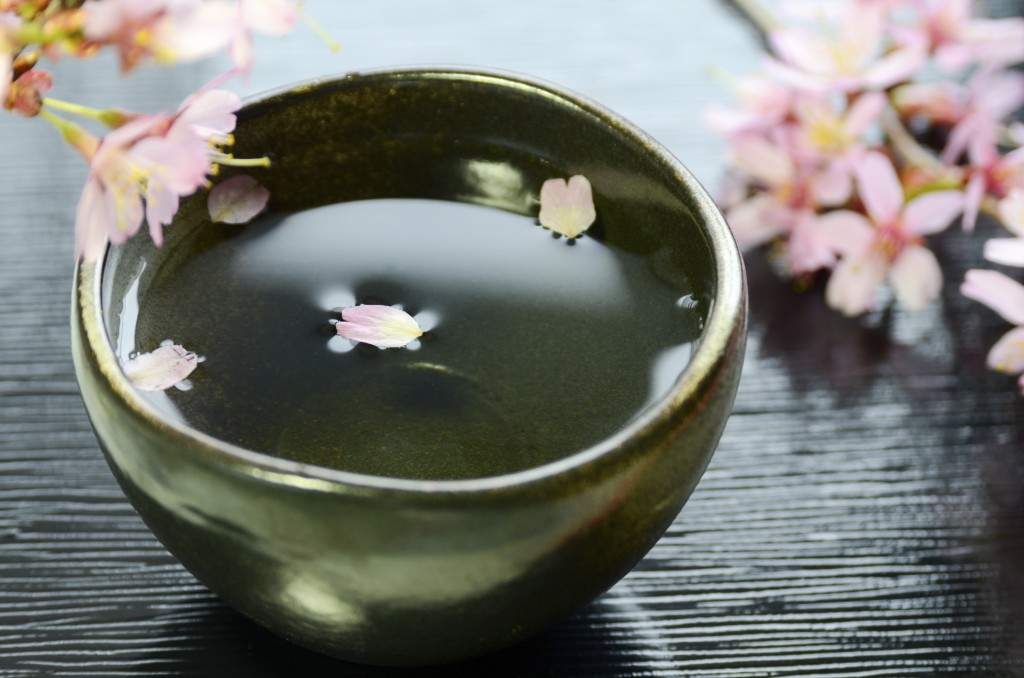
Saké makes the perfect addition to your spiral cellar, as its intricate flavours are truly a delight to the palate. So, request a brochure and see what we have to offer in our vast range.
And to any saké aficionados who can’t wait to try the authentic Japanese flavours the Dojima Saké Brewery will soon produce: kampai!
